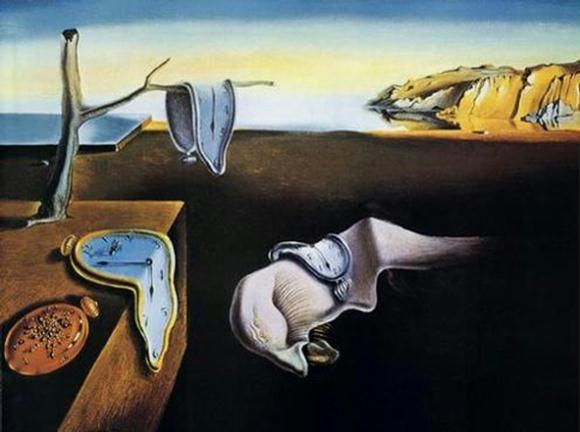By Kevin Paul Tracy
I just finished writing a particularly irksome passage in my latest project, Bloodtrail, the sequel to Bloodflow. Irksome in that the choreography and the chronology, like a pair of cranky siblings, were fighting each other and would not agree. I was having difficulty getting characters to where I needed them to be when I needed them to be there in a logical progression, without drawing the question from readers, “Wait, how did she get over there so quickly when she was all the way over here a second ago?”

I was working so hard on this section for days, that when it was done, I had this distorted sense of the scene’s place in the book. Having worked on it for so long, I had this sense that the scene, which was an important one but not particularly pivotal, had become too large in the narrative, took too many pages, and was longer than other scenes in the book which were in many ways more pivotal.
So I went back and I reread the entire passage, paying close attention to page-count and the pacing of the scene in relation to other passages. I came to the realization that my concerns were unfounded. The scene was well placed within the narrative, paced on par with other scenes, and took up just as many pages as were needed, to convey the import, no more, no less.
I realized that my sense of this passage and it’s place in my story had become distorted by the amount of time and concentration I had exerted on it. Upon realizing this, it occurred to me that there have also been times when I feared I’d given a scene short shrift, and felt that I needed to flesh it out more to give it the weight and gravitas in relation to the rest of the narrative I felt it needed. Those times, when I went back, I again realized I’d been mistaken, that the scene was exactly how I had intended it to be. Once again my sense of the scene had been affected by the time it took to write it, in this case by coming together so smoothly and effortlessly that it seemed to take no time at all to write it.
And then, of course, are the bad times, when you think everything is fine, but a read through, often in critique group, brings out the glaring problem of pacing, timing, and impact in transitions from one scene to the next.
This distortion of perception is an effect of time relativity on writing. As writers, we sometimes lose perspective on the project we’re currently developing. Especially if we walk away from it for a day or more and come back. We lose the sense of continuity in the narrative because to use it isn’t a smooth, single-strand, linear process. If you have experienced this time-stretch, time-shrinkage in your own writing, you are not alone. We all encounter it.
For me, every time I sit down to write I go back and reread the prior scene. This has the effect of centering me on the pacing of what I’m doing, and of getting me back into the mood, the atmosphere, if you will, of the current project on which I’m working. I write two series: the Laine Parker Adventures (Rogue Agenda, The Lucifer Strain (pending)) are a collection of light thrillers with similar pacing and flavor to the TV show Castle or the Stephanie Plum books; while the Kathryn Desmarias Gothic Mysteries (Bloodflow, Bloodtrail (pending)) are dark, baroque, chilling tales of romantic horror on the order of Wuthering Heights and Bram Stoker’s original Dracula. These two genre’s have wildly differing pacing, atmospheres, and plot progressions. I sometimes will work on them interchangeably. The only way I can do so is to reread the prior passage, to put myself into the world I’m going to be writing about, before adding additional scenes.
In short, when first-draft writing, don’t fret about time relativity and the sense that you are writing unevenly paced or balanced chapters or scenes. The important thing is to get something on the page. There will be plenty of time to even things out in rewrites, and you just might find it isn’t as uneven as you think it is.

This is such good advice, Kevin. It took me a long time to learn that getting that first draft done as fast as possible was the only way I’d ever finish anything. I had to stop worrying about the timeline and the pacing and just write.